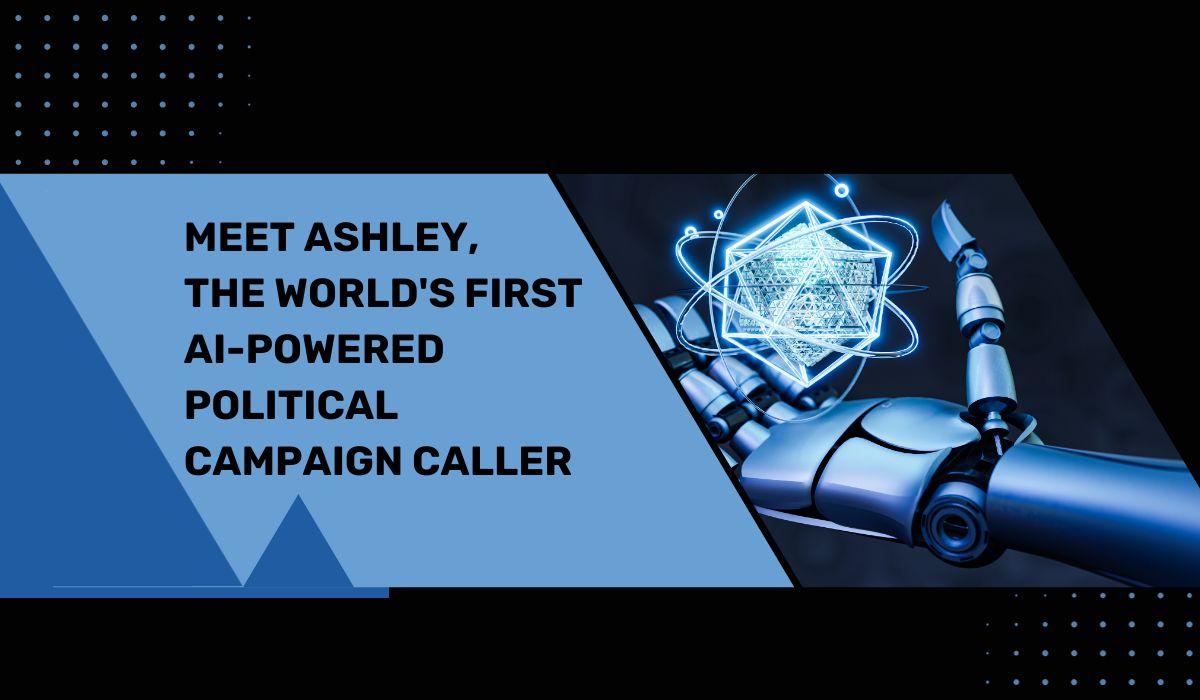
Democrat Shamaine Daniels is gearing up for a second run at Congress, eyeing the seat currently held by Trump-aligned Republican Representative Scott Perry. Perry played a pivotal role in challenging the 2020 election results, defeating Daniels by less than 10 points last year. In an attempt to bolster her underdog candidacy, Daniels is now employing a groundbreaking tool: Ashley, an artificial intelligence campaign volunteer.Unlike traditional robocallers, Ashley sets itself apart by engaging in genuine, unrehearsed conversations. Developed by Civox, a London-based company intending to collaborate predominantly with Democratic campaigns, Ashley operates using generative AI technology similar to OpenAI's ChatGPT.
This unique system allows her to conduct an infinite number of personalized one-on-one conversations simultaneously, ushering in a new era of political campaigning that challenges traditional engagement methods.The emergence of generative AI in political campaigning raises both excitement and concerns. Proponents view it as a revolutionary tool for conducting large-scale, high-quality conversations, while critics fear an exacerbation of disinformation in the already polarized landscape of American politics. Over the weekend, Ashley made thousands of calls on behalf of Daniels, showcasing her ability to analyze voter profiles and tailor conversations to individual issues, a feat difficult to achieve for human volunteers.
"This is going to scale fast," predicts Ilya Mouzykantskii, CEO of Civox. He envisions tens of thousands of calls per day by the year's end, emphasizing the transformative impact it could have on the 2024 election. Daniels sees Ashley as an equalizer, providing her with a powerful tool to understand voters, communicate in multiple languages, and engage in numerous "high bandwidth" conversations simultaneously.Despite its potential, concerns persist. OpenAI CEO Sam Altman has expressed unease about generative AI compromising election integrity through interactive disinformation. Civox acknowledges these concerns and emphasizes ethical considerations, opting for a governance structure that prioritizes transparency. Ashley's robotic voice and clear AI disclosure distinguish it from potential misleading applications of similar technology.
Legal ambiguity surrounds this use of AI in political campaigns. While federal laws regulate aspects of telemarketing and robocalls, the application of such laws to AI-generated political calls remains unclear. Civox welcomes regulation, acknowledging the potential for misinformation spread by similar technologies in the absence of oversight. As generative AI continues to reshape political engagement, the necessity for comprehensive regulations becomes increasingly apparent on both national and global levels.